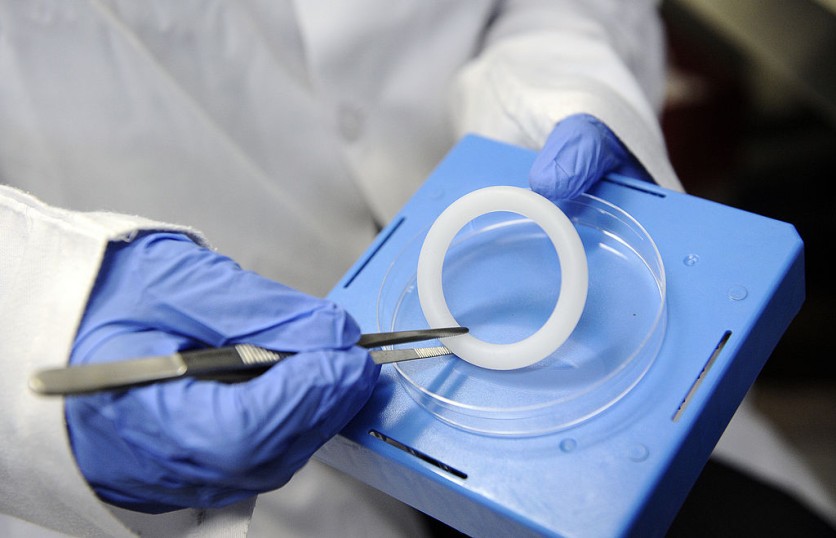Kiara Health, based in Johannesburg, South Africa, is set to manufacture vaginal rings designed to offer protection against HIV.
The Population Council, a nonprofit organization, revealed the partnership, saying that approximately one million rings could be produced annually by Kiara Health in the coming years, according to the Associated Press.

About Vaginal Rings
These silicone rings, currently produced by a Swedish company, released a drug called dapivirine, which helps prevent HIV infections. The rings have received authorization from nearly a dozen countries and the World Health Organization (WHO).
Thanks to donations, about 500,000 rings are now available to women in Africa at no cost. The Population Council holds the rights to the rings and expects Kiara Health to be involved in contributing to increased production and affordability.
The cost of the ring currently ranges from $12 to $16, but experts anticipate a reduction in price once mass production is established in Africa. Additionally, developers are working on an extended-release version that can last up to three months, further lowering the annual cost.
HIV remains a significant health concern, especially among women of reproductive age in Africa, where 60% of new infections occur in women, according to the WHO.
Read Also : NIH Announces 3rd HIV Remission! No Symptoms Detected for 14 Months After Stem Cell Transplant
Vaginal Rings as Discreet Preventive Option
The vaginal rings, as a discreet preventive option, allows women the flexibility to use them without the knowledge or consent of others, providing an alternative for situations where partners may be unwilling to use condoms or enable the use of oral preventive HIV medicines.
The ring releases dapivirine in gradual doses over a month, and its approval by WHO has positioned it as an additional tool for women at significant risk of HIV. Regulatory approval has been granted by more than a dozen African countries, including South Africa, Botswana, Malawi, Uganda, and Zimbabwe.
WHO's endorsement is backed by advanced studies indicating a reduction in women's chances of contracting HIV by about a third, with other research suggesting an even more substantial risk reduction of over 50%.
The move by Kiara Health to produce these HIV-preventive rings in Africa is seen as a significant step toward making vaginal rings more accessible and cost-effective, contributing to the ongoing efforts to address the HIV epidemic, particularly in high-risk populations.
In related news, hopes for an HIV cure rise with the two-year remission of a man referred to as the "Geneva patient." His stem cell transplant for blood cancer shows potential for HIV remission.
If symptoms stay absent, he may join the rare HIV-cured individuals. The case is notable for lacking the HIV-resistant genetic mutation in the donor. Learn more about this story here.
Related Article : 2nd HIV Patient Clears of Virus Naturally and Researchers Think Their Biology is Key to Finding a Cure to the Illness

ⓒ 2025 TECHTIMES.com All rights reserved. Do not reproduce without permission.




